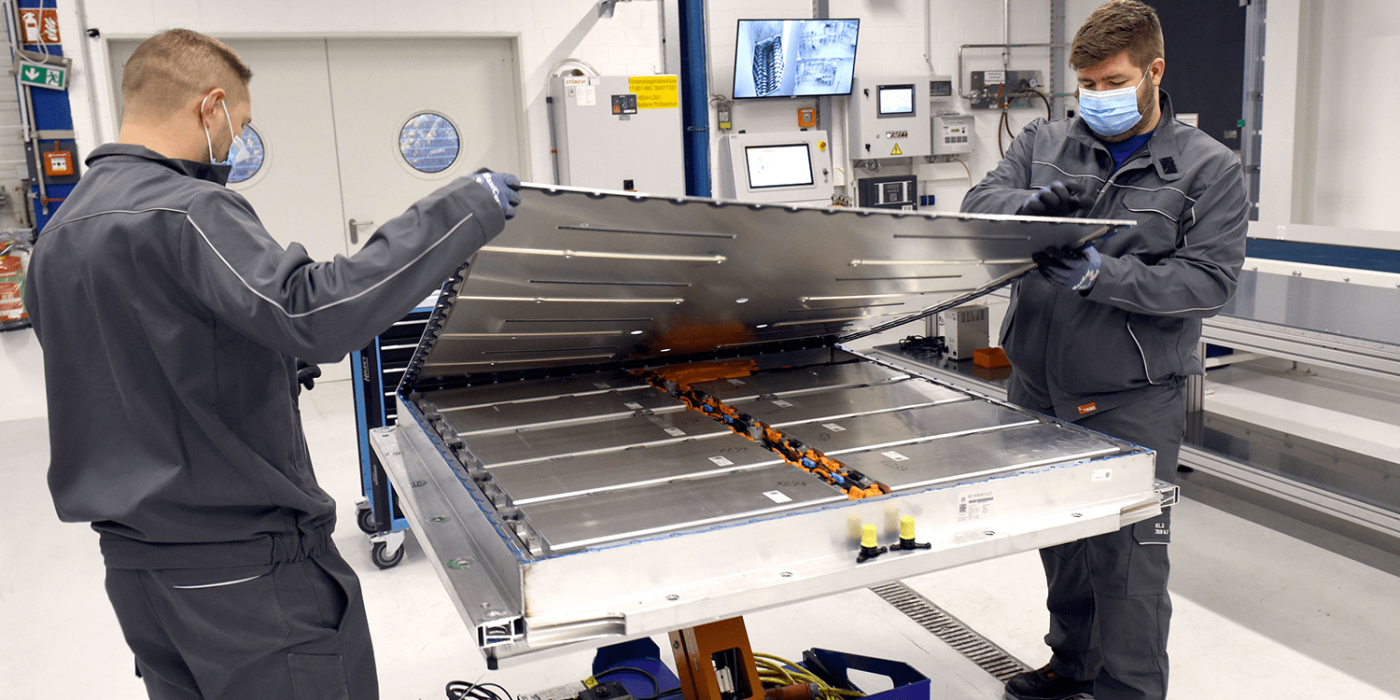VW & Xanadu to utilitize quantum computing for battery development
Volkswagen and Canadian company Xanadu have launched a multi-year research program to optimize the computing power of quantum algorithms for battery materials simulation.
This is expected to reduce computational costs and accelerate Volkswagen’s use of quantum computers to develop safer, lighter and more cost-effective battery materials, according to a statement from the German automaker. The quantum algorithms for simulating battery materials should be able to “significantly advance” the design and development of next-generation battery cells.
The time frame, however, is more long-term; it is possible that battery cells of the generation after next will benefit more from the results of the collaboration. According to VW, the two companies want to bring resource-efficient quantum algorithms to market maturity in the next decade.
The starting point is clear: The precise and efficient simulation of battery materials can enormously accelerate development processes and make them less expensive if material combinations can be evaluated by simulation and only the most promising materials are tested in prototype cells. The introduction of fault-tolerant quantum computers could make these tasks easier to accomplish. That’s because, according to VW, existing classical methods such as density functional theory – which have been the cornerstones of computational chemistry for several decades – are reaching their limits despite their great successes in research areas that are essential to developing more powerful batteries.
Behind the scenes, the Volkswagen and Xanadu collaboration has been underway since last year. The results of the first phase of the collaboration have already been published in the journal Physical Review A. In the research report, the partners provide an initial assessment of the resources needed to implement a quantum algorithm to simulate a realistic cathode material, dilithium iron silicate.
“Working together with cutting-edge companies like Xanadu is like hopping on a speed boat heading at the next big thing,” said Nikolai Ardey, head of Volkswagen Group Innovation. “Quantum Computing might trigger a revolution in material science and optimization, key competences to grow our inhouse battery expertise.”
“At Xanadu, we are pushing the frontiers of quantum computing hardware, software, and algorithms. Our goal in quantum algorithms research is to make quantum computers truly useful,” said Juan Miguel Arrazola, head of algorithms at Xanadu. “Focusing on batteries is a strategic choice given the demand from industry and the prospects for quantum computing to aid in understanding the complex chemistry inside a battery cell.”
In August of this year, Volkswagen AG and the Canadian government signed a memorandum of understanding to promote e-mobility in the country. Both parties agreed to explore opportunities for Canada to contribute to Volkswagen’s global and regional battery supply chains. In the course of this, VW could also become the first Western automaker to directly participate in Canadian mines, according to media reports.





0 Comments